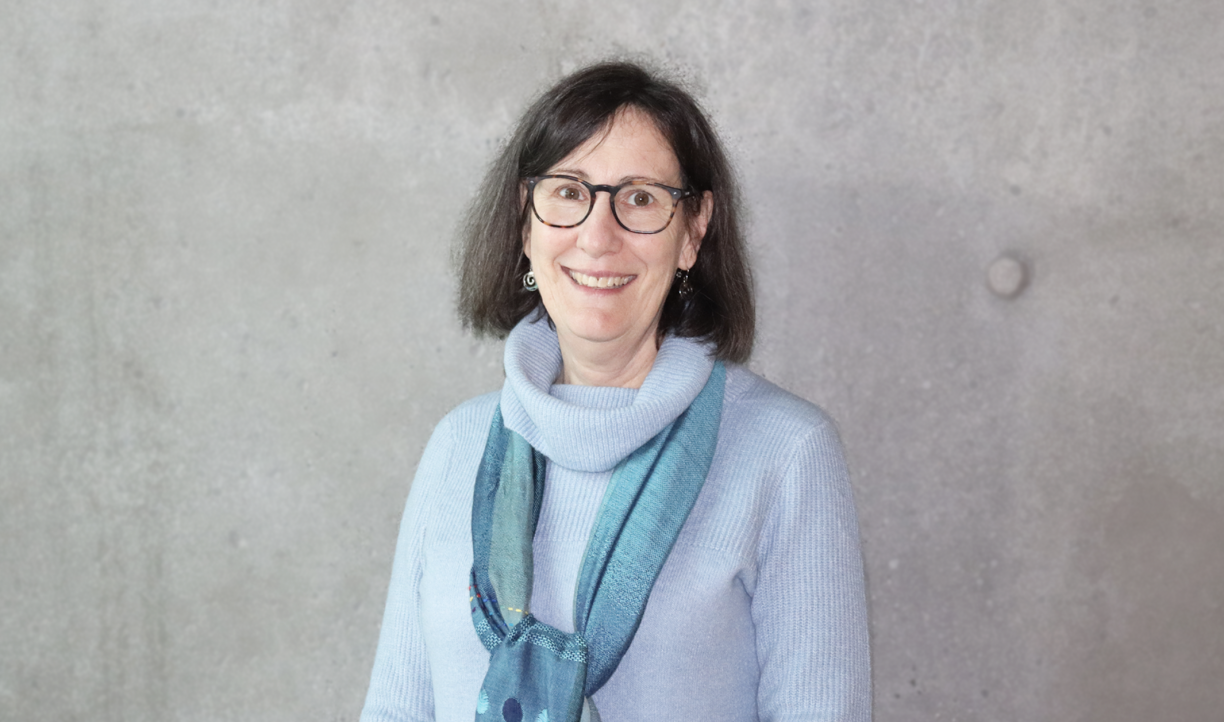The research took place over 18 months.
An increased focus on work-life balance and the retention of hybrid service delivery options are just two of the findings Vancouver Island University (VIU) researchers discovered when researching the effect of the COVID-19 pandemic on local social services agencies.
The research, jointly conducted by Dr. Jeanette Schmid, a Social Work professor, and Social Work Field Education Coordinator Holly Bradley was inspired by conversations Schmid was having with those who worked in the social services sector at the beginning of the pandemic.
“I was hearing about how organizations had changed as a result of it, which sparked my interest about what this pandemic is going to do to the way we deliver services,” she says. “At the same time, with COVID-19 still so new, there was an explosion of requests for research on it.”
Schmid and Bradley then began an 18-month research project on the subject of social services delivery during a pandemic. They conducted 12 interviews during the first three-month period, and 13 interviews for the second and third. All interviews were done virtually.
The first six months revolved around “what was very much an emergency response. Many organizations saw all parts of their services close down, some for a couple of weeks, some for longer,” says Schmid. During this time, organizations also had to figure out how to reach people while dealing with factors like physical distancing and virtual operations.
Throughout the second six months, “people still felt they were doing a lot of adapting and going back and forth as the health directive and expectations changed,” says Schmid. “What we found was that even though people were adapting all the time, they felt like they were settling into something that was somehow becoming familiar, sometimes referring to it as the ‘new normal.’” At the same time, “we were worried about service providers because they sounded exhausted.”
By the start of the final six-month period, Schmid says, things changed again. At the beginning of their research in March, there had been some optimism about what September would look like. However, by the time third-stage interviews began, “people were quite demoralized and couldn’t get back to working in the same way,” she says. Still, “they didn’t seem as exhausted as they had been at the end of the second six months and said this was largely due to the fact that there were now some face-to-face options, both in work and social environments.”
There was also more talk about a “new normal” and although many service providers had been forced to innovate quickly during the pandemic, research revealed that lot of those innovations would now be part of future service and many were maintaining a hybrid model of service delivery, says Schmid.
As for employees, “it became clear that the workforce wasn’t as stable as it was earlier,” she says. Essentially, this meant that people started to really define the limits of their job capacity and focus more on establishing a work-life balance.
“There was also more movement between organizations with people looking for jobs that offered more money or more balance,” she explains.
Schmid says she hopes people will use the research “partly as a reflection on what we have learned, partly for advocacy and partly as a tool or source of local research that helps people understand what they as a community were seeing directly and collectively.”
She adds that the findings show that the social services sector is able to adapt and absorb changes to how services are delivered.
“At a time when people seemed on the surface to be more distanced from each other, there actually appeared to be more intense communication – more reaching out,” she adds. “Social services and social delivery work is in many ways being remade. Social workers are resilient, and part of the reason for this is that these organizations really stepped up for their employees.”
-30-
MEDIA CONTACT:
Eric Zimmer, Communications Officer, Vancouver Island University
P:250.618.7296 | E: Eric.Zimmer@viu.ca


